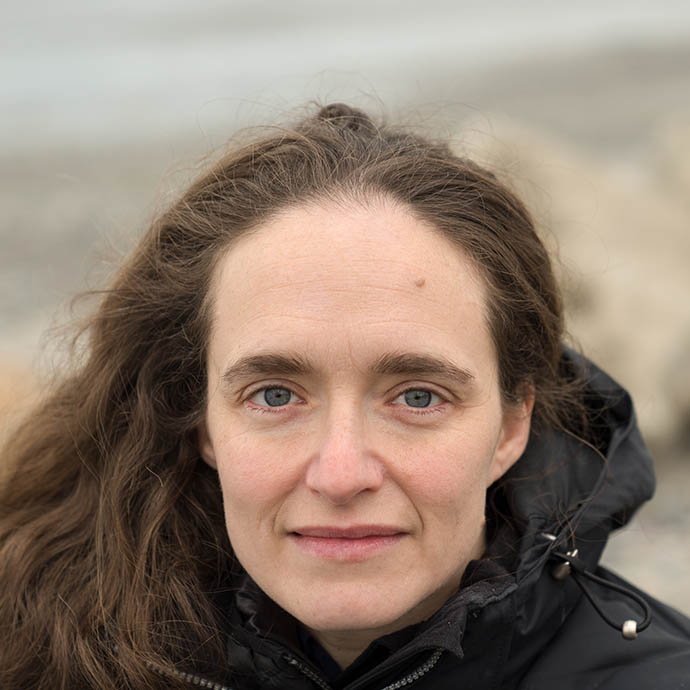Research in our lab is motivated by big questions: How does the human brain ‒ an electrical and biological machine ‒ construct abstract thoughts? What aspects of our brains and minds are universal, shared by all humans, and how much is specific to a culture or unique to an individual? How do children’s brains change as they grow up? How do developmental disorders, like autism, affect brain development? We often ask these questions about social cognition: how people think about people. We ask: how do people figure out what someone else knows, wants, or feels? How do they use that information to communicate or teach, to make moral judgements, or to exacerbate or repair conflicts? One current goal is to understand these processes by implementing them in computational models.
Awards and Achievements
- Troland Award from the National Academy of Sciences
- CAREER award from National Science Foundation
- Arthur C Smith Award for dedication to student life and learning at MIT
